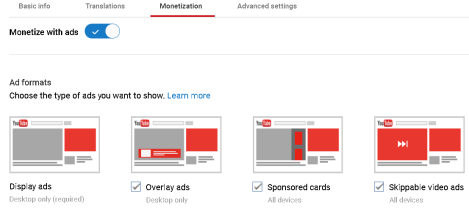Sitting on the metro/subway/underground/T/whateveryoucallit is a mundane activity for most – a necessity for the commute or just an economical way to get from point A to B. However, what if the metro became a studio for creativity? That’s exactly what happens with metro poems.
The metro poem is an awesome writing challenge created by Jacques Jouet of the French Oulipo writing group. Oulipo is a French acronym (?) for Ouvroir de Littérature Potentielle – Workshop for Potential Literature. If you haven’t heard about them, I’d recommend checking them out – they rock!
TL;DR – this is how it works:
Hop on the metro. When the train starts moving, begin to compose one line of poetry in your head. Keep composing until the train stops. While it is stopped, frantically write down the line you just composed, because when the train begins again you will begin composing line 2. Continue until you reach your destination, where you hop off and pen the final line.
Easy, right? Just remember: train moving = compose in your head. Train stopped = write down line. No cheating now! And also, no going back to correct your work. This means don’t worry about perfection, just production. This is similar to Casey Neistat’s rationale for daily vlogging – it provided him with constant motivation (deadlines) to produce content.
The added challenge of the metro poem is riding the entire metro system in one go. That’s right, passing by every stop and writing one large poem. It’s exhausting but a rewarding experience. However, I often write metro poems whenever I ride the metro. Without further ado, here are two poems I wrote last week while riding home from BWI – one silly, one serious. Enjoy!
— — —
L’Enfant Plaza-East Falls Church 16.12.16
Shoelaces
spaghetti on your feet
sign your coming loose
tripline for your strut
hairdoo for your shoes
bane of toddler moms
mark of hipsters style
swap for teeny friends
support for many miles
but tying mine’s a pain
they’re longer than the Nile
and so I must confess
they’ve been knotted for a while!
— — —
Greenbelt-L’Enfant Plaza 16.12.16
He called on us not to do extraordinary things, but to do ordinary tasks in an extraordinary way.
This kernel of wisdom, unshelled from the mind of a peanut farmer, is more crunchy than smooth, difficult to palate for those accustomed to the mundane.
What would it take to reimagine every micro-moment of the day as an attempt at greatness,
Herculean ideals our tongues no longer remember how to pronounce.
Honor, valor, perfection. Faster, stronger, higher.
Every step firm, every gaze intentional, every word carefully chosen for refinement.
Imagine the texts you would send when literature and oratory were in mind.
Instead of jotting down a grocery list, you would pen a decisive plan of attack on the supermarket battlefield,
and when you pulled in the mall, you would park to impress.
The ordinary made extraordinary.
How will you carve your life?
— — —
So next time you find yourself stepping on the metro, don’t just be a commuter, become a poet!

